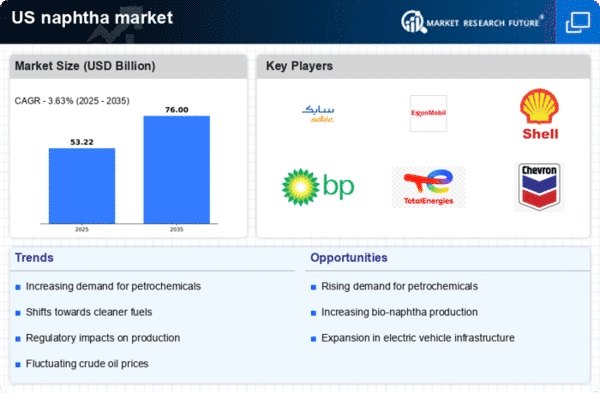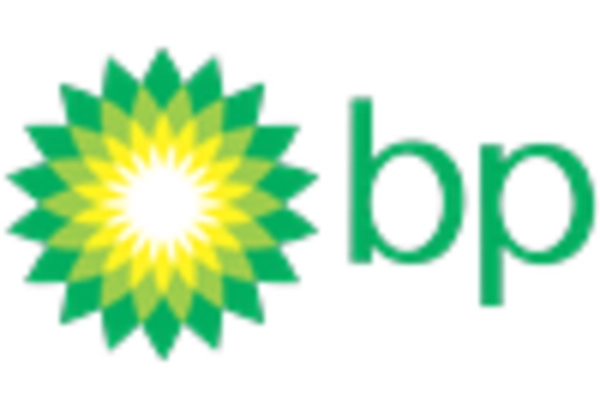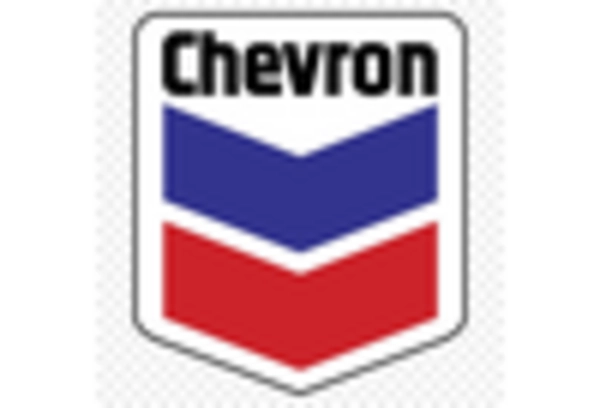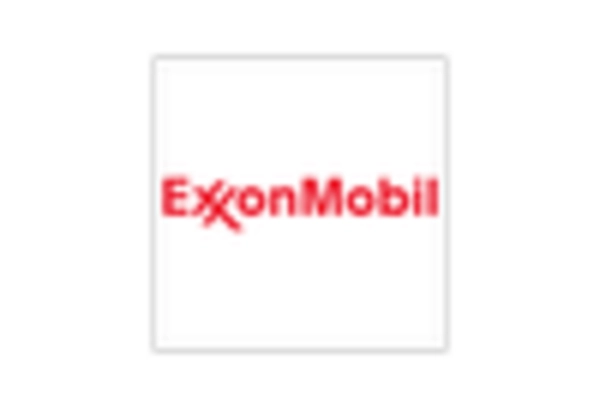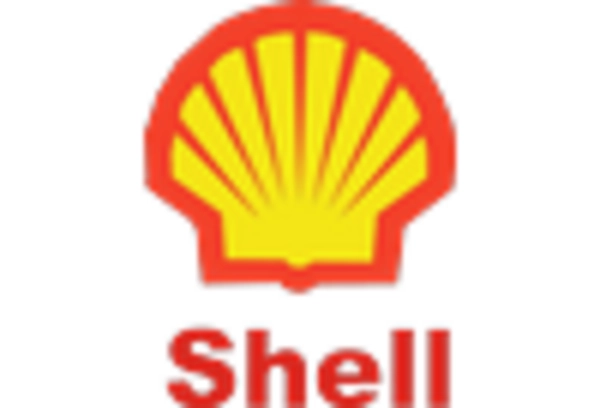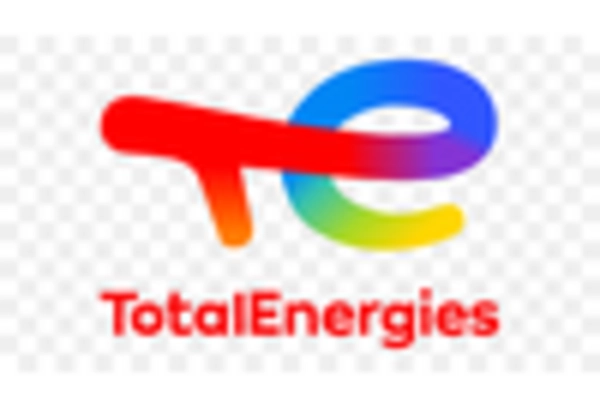US Naphtha Market Summary
As per Market Research Future analysis, the US naphtha market Size was estimated at 51.36 USD Billion in 2024. The US naphtha market is projected to grow from 53.22 USD Billion in 2025 to 76.0 USD Billion by 2035, exhibiting a compound annual growth rate (CAGR) of 3.6% during the forecast period 2025 - 2035
Key Market Trends & Highlights
The US naphtha market is experiencing a robust upward trajectory driven by various factors.
- Rising demand for petrochemicals is propelling the US naphtha market, particularly in the largest segment of petrochemical feedstock.
- Technological advancements in refining processes are enhancing production efficiency and product quality in the naphtha sector.
- Regulatory influences on production are shaping market dynamics, especially in the context of environmental standards.
- Increased industrial activity and shifts in energy policies are key drivers fueling the growth of the naphtha market.
Market Size & Forecast
| 2024 Market Size | 51.36 (USD Billion) |
| 2035 Market Size | 76.0 (USD Billion) |
| CAGR (2025 - 2035) | 3.63% |
Major Players
Saudi Basic Industries Corporation (SA), ExxonMobil Corporation (US), Royal Dutch Shell plc (GB), BP plc (GB), TotalEnergies SE (FR), Chevron Corporation (US), Reliance Industries Limited (IN), PetroChina Company Limited (CN), SABIC Innovative Plastics (US)


